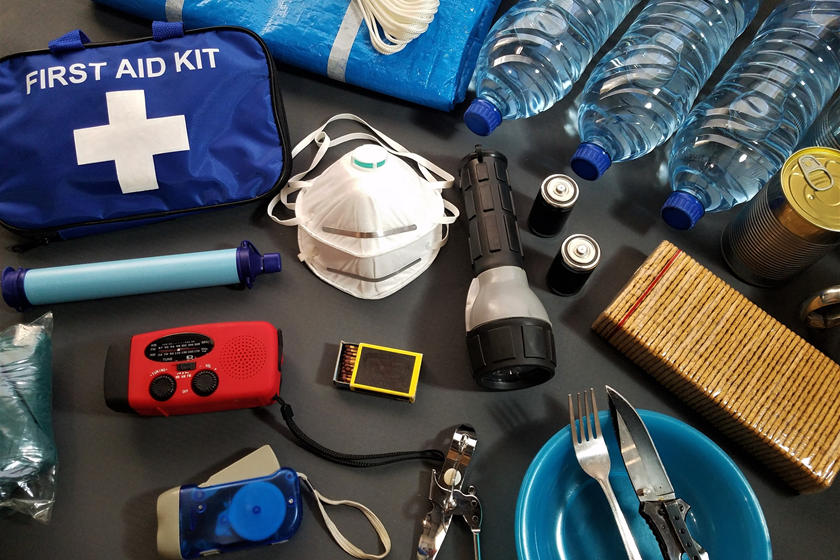Electrifying the popular compact crossover makes a lot of sense.
With its funky styling and starting MSRP of $24,130, it's no wonder the Toyota C-HR enjoys such great popularity with global consumers. First introduced to the world in late 2016, it's starting to get a bit long-in-the-tooth and will require a replacement if Toyota wants to compete with the newly-introduced Honda HR-V.
We can expect a more modern design (it may inherit styling cues from the bZ Compact SUV concept) along with more efficient gas engines and enhanced in-car technology. But, according to Japan's Spyder7, consumers may be in for an electrified treat. The publication reports a new C-HR may arrive as soon as next year and will see the introduction of a battery-powered derivative.
Should it derive inspiration from the sleek concept pictured below, we anticipate the new CH-R will adopt a more evolutionary design approach, with a sleeker and more aggressive take on a familiar crossover/coupe theme.
Aside from an all-electric offering, Toyota also plans to introduce a hybrid variant powered by a 2.0-liter four-cylinder engine. Here, it will be paired with a four-wheel-drive system for better tractability and enhanced performance.
What's unclear is whether the electric model will retain the C-HR nameplate or be introduced as the Toyota bZ3x - we're betting on the latter. If it utilizes a similar setup to the larger bZ4x, we can expect outputs of between 201- and 214-horsepower and a range of 250 miles or so.
Hopefully, the smaller shape and lighter curb weight will improve driving range. The report indicates Toyota will introduce the new CH-R in 2023 with the electric variant to follow shortly thereafter.
Toyota has been reticent to commit to an electric-only future and has looked down other avenues for inspiration and one has struck a particular chord with the Japanese automaker. Toyota is no stranger to hydrogen, with the svelte Mirai sedan already available in several markets.
The company is also experimenting with the alternative fuel in a motorsport setting and has recently announced it's working on a hydrogen-powered Corolla Cross. Many have been puzzled as to why Toyota is so reluctant to accept the looming electric era but, as a company known for innovation, it's not the type of corporation to put all its eggs in one basket.
It will most definitely offer electric cars - it's a business after all, and EVs are cash cows at the moment. But it seems Toyota is looking to offer something for everyone and will hopefully perfect hydrogen power to the point where it's the same (or better) than the current crop of EVs.









Join The Discussion